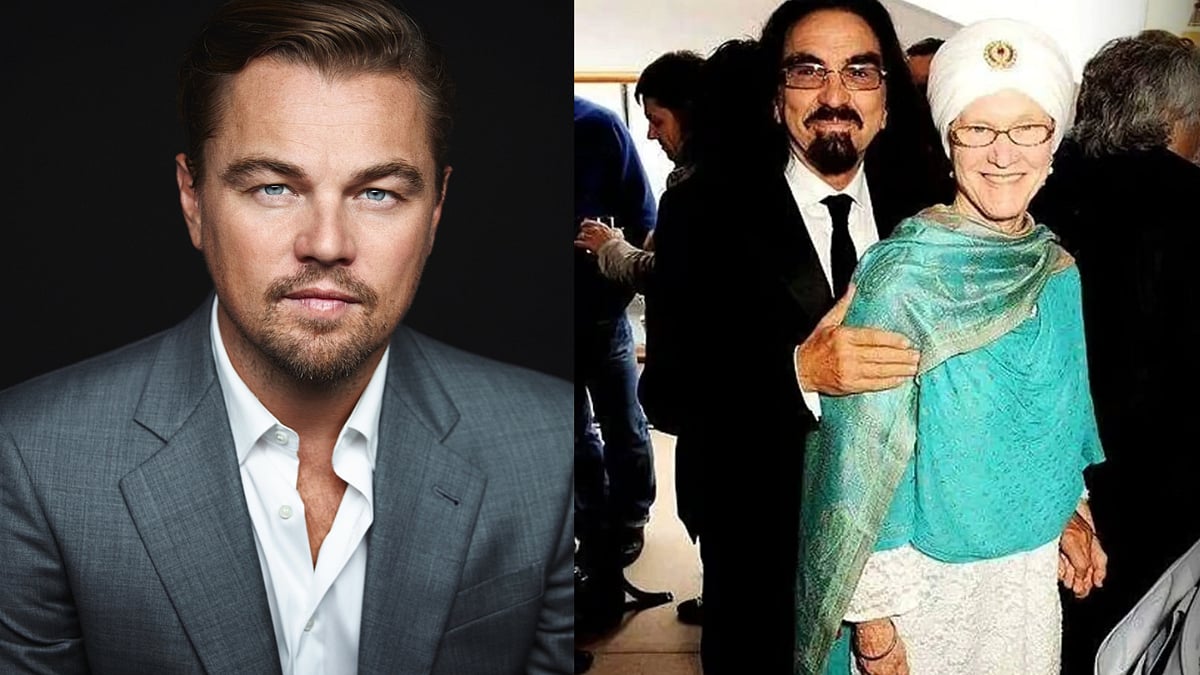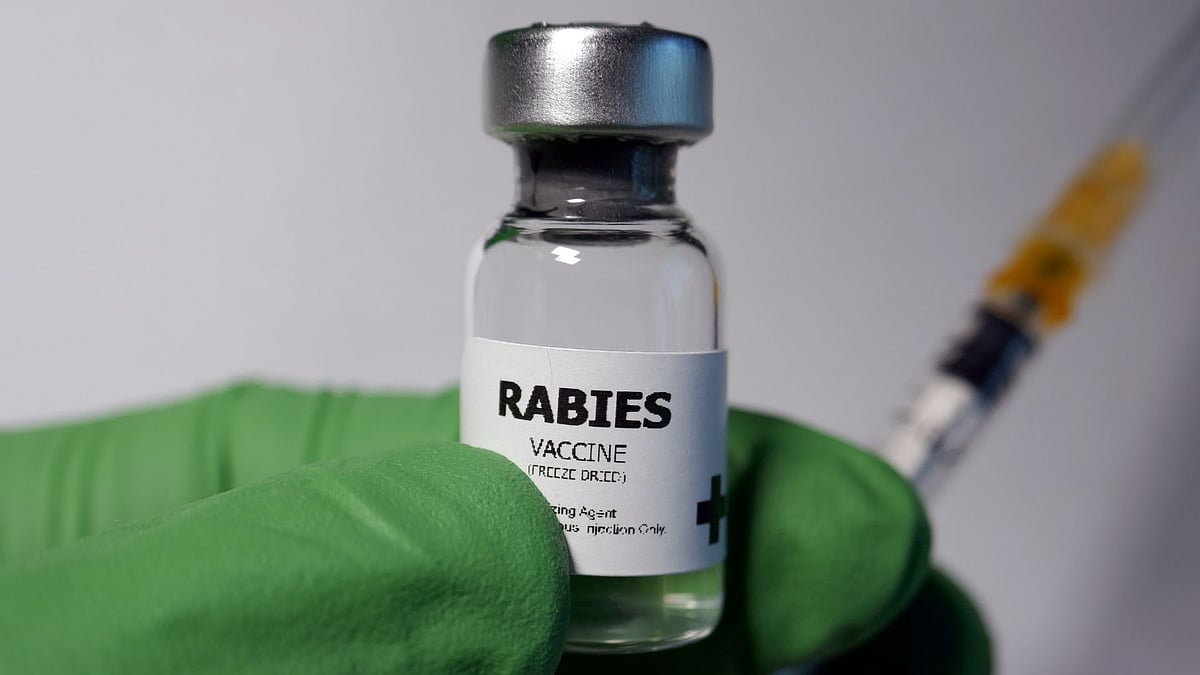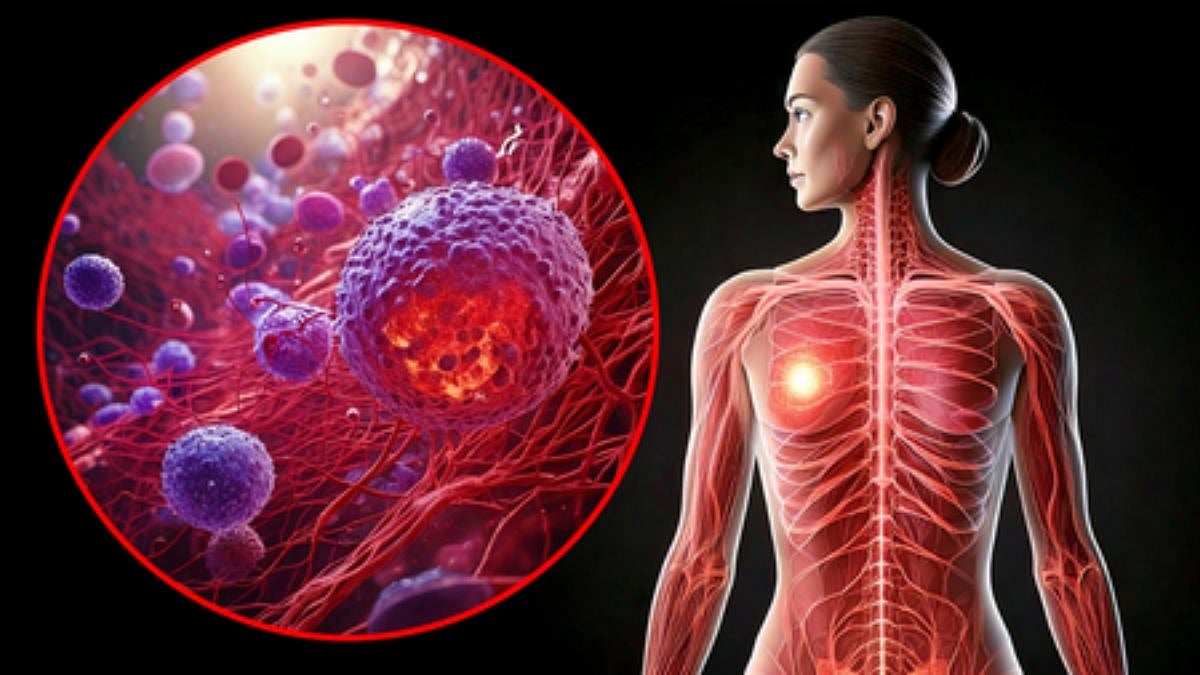Modern-day breakfast cereals like cornflakes, wheat flakes, muesli are convenient choices for most Indians, as many consider them relatively healthier. A bowl of breakfast cereal with low fat dairy is an easy choice. These cereals are processed, packaged and don’t require cooking. Some versions of these cereals claim to have weight loss benefits as well.
This article critically assesses various breakfast cereals and their health claims along with advising healthy alternatives.
The first thing to keep in mind is – breakfast cereals are processed and produced from refined grains. This processing often involves addition of sugar, chocolate, malt and synthetic flavours.
Higher sugar content
Sugar is the second or third ingredient in most of the breakfast cereals. As research suggested, refined white sugar is the single worst ingredient that can cause chronic diseases like diabetes type 2, heart diseases and cancer. A breakfast with high amount of added sugar and low fiber content raises blood sugar and insulin level.
Many popular corn flake brands in India have fructose corn syrup, honey, malt extract, sugar as major ingredients that are various forms of simple sugars with very high glycemic index. Moreover, some people add extra sugar or honey to their corn flake bowls to enhance flavour.
A study comparing the effects of oatmeal and corn flakes on satiety, gastric emptying, glucose, and appetite-related hormones in 36 participants found that satiety was greater after consuming oatmeal than after corn flakes, especially in the overweight subjects.
Not so health friendly
Many people prefer breakfast cereals as healthy options for themselves and their children. However, much-claimed features such as ‘weight-loss friendly’, ‘low-fat’, ‘and low-calorie’ are not true as one of the major ingredients in these cereals is sugar or honey or high fructose corn syrup. They tend to highlight only the positive aspects of a food product and try to avoid discussing the negative ones.
However, people still make buying decisions based on these claims.
A research paper combining four studies, examined the claims featured on the front of food packaging and assessed the differences between these claims and the products’ nutritional content. The authors also investigated consumer reactions to these claims at the time of purchase.
In one study, researchers, who investigated front-of-package (FOP) claims on 633 different breakfast cereals and milk products found 460 had a health or nutrition claim on the front of the package. The survey result revealed that “consumers had a more positive attitude toward claims that are based on the presence of something good, compared to claims that are about the absence of something bad.”
On the other hand, the study found almost no or zero connection between the positive claims and the nutritional content of the breakfast cereals.
Additionally, ultra-processing robs breakfast cereals of micronutrients. Most of these cereals do not consider fortification to replenish these deficiencies.
How healthy is it?
The Special K diet challenge was a 14-day eating programme created by Kellogg Company that involves consuming two bowls of Special K cereal or cornflakes with low fat milk replacing two meals a day. This programme claimed to help you lose up to 2.5 kg or some inches in just two weeks. Fresh fruits, salads, low fat dairy, Kellogg shakes, bars were also allowed along with the breakfast cereals.
A 2015 study funded by Kellogg’s showed a weight loss between zero to 5.8 kg among the participants at the end of two weeks. Some lost up to 10% of their body fat as well.
A review of studies assessing effectiveness of Special K resonated these results. This study reported statistically significant decrease in body weight and waist circumference.
The prominent drawback of these studies was – they assessed short-term weight loss success and ignored sustainability. They also overlooked whether the participants were able to sustain their weight loss after two weeks.
In 2016, UK’s Advertising Standard’s Agency ordered Kellogg to amend a website and change the verbatim of an advertisement promoting health claims like ‘full of goodness’, ‘nutritious’ etc. as the authority didn’t find significant scientific backups to support these claims and these claims were not complied with the EU authorization health claim. Kellogg had to issue an apology for the error.
In another incident in 2019, another TV ad of Kellogg's Special K implying it could be beneficial for pregnant women and the development of the foetus has been banned by the Advertising Standards Authority for being misleading.
What could be healthy breakfasts for you?
Keeping the evidence discussed above in mind it’s wise to select whole grains like oatmeal as healthy breakfast option. Oatmeal can be topped with raisin, almonds and walnuts to increase the nutrition profile. Greek yoghurt with fruits, sauté vegetables, any preparations of eggs, paneer are good breakfast options too.
If you want to eat breakfast cereals, read the ingredients first, choose the one with more fibre and no more than 5 gm added sugar per serving.
Remember, when it comes to getting best nutrition, no processed foods can replace the goodness of whole foods.
(Subhasree Ray, Doctoral Scholar, Clinical and Public Health Nutritionist, Certified Diabetes Educator. She can be followed on her Twitter @DrSubhasree)









